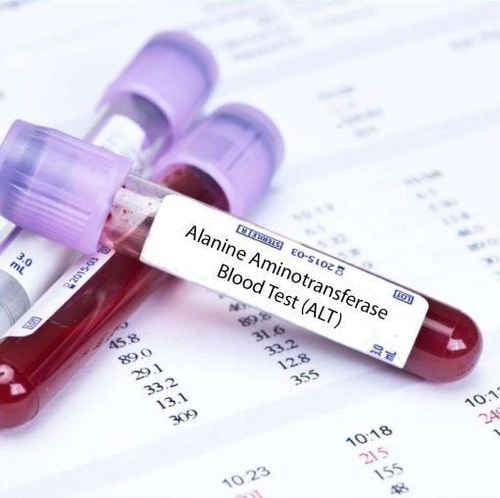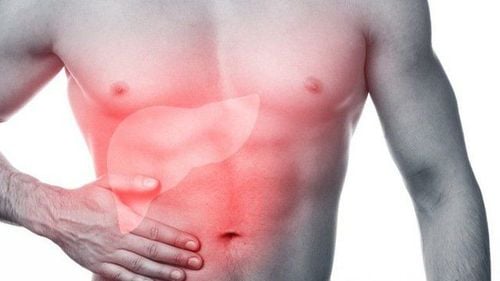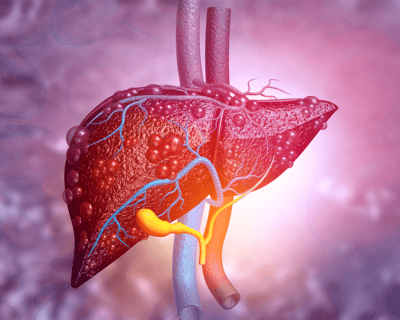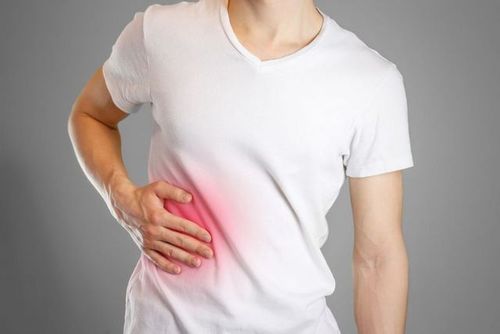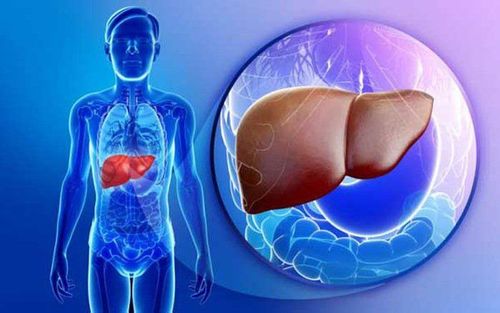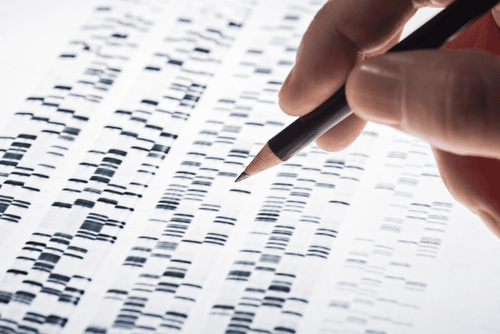1. What is Thalassemia?
Thalassemia is a hereditary blood disorder (meaning the condition can be genetically transmitted from parents to children) that occurs when the body does not produce enough hemoglobin, a protein essential to the structure and function of red blood cells.
Without sufficient hemoglobin, red blood cells cannot function properly and have a shorter lifespan than normal, resulting in fewer healthy red blood cells circulating in the bloodstream.
Red blood cells transport oxygen to all the cells and organ systems in the body, serving as a critical "fuel" for cellular activity. A shortage of healthy red blood cells leads to insufficient oxygen supply for physiological function, causing fatigue, weakness, or difficulty breathing. Thalassemia patients may experience mild to severe anemia. Severe anemia can damage internal organs and may even result in death.

Complications of thalassemia may range from mild to severe. One complication directly related to nutrition is iron overload. Individuals with thalassemia may exhibit elevated iron concentration in their bodies, either due to the pathology or as a result of frequent blood transfusions. Excess iron can damage vital organs, including the heart, liver, and endocrine glands, which regulate hormones critical to bodily functions. To mitigate this complication, patients should limit dietary iron intake and undergo iron chelation therapy as prescribed.
2. Nutrition for Thalassemia Patients
Nutritional deficiencies are common in individuals with thalassemia due to anemia, increased nutritional demands, and complications like iron overload or diabetes.
Annual evaluations by a nutritionist are recommended for patient to acknowledge and address potential deficiencies in calcium, vitamin D, folate, trace minerals (copper, zinc, selenium) Antioxidant vitamins (E and C)
Annual laboratory testing should also monitor markers such as, albumin, 25-hydroxyvitamin D,fasting glucose, plasma zinc and serum copper, ceruloplasmin, serum selenium, alpha and gamma tocopherol, plasma ascorbate, serum folate.
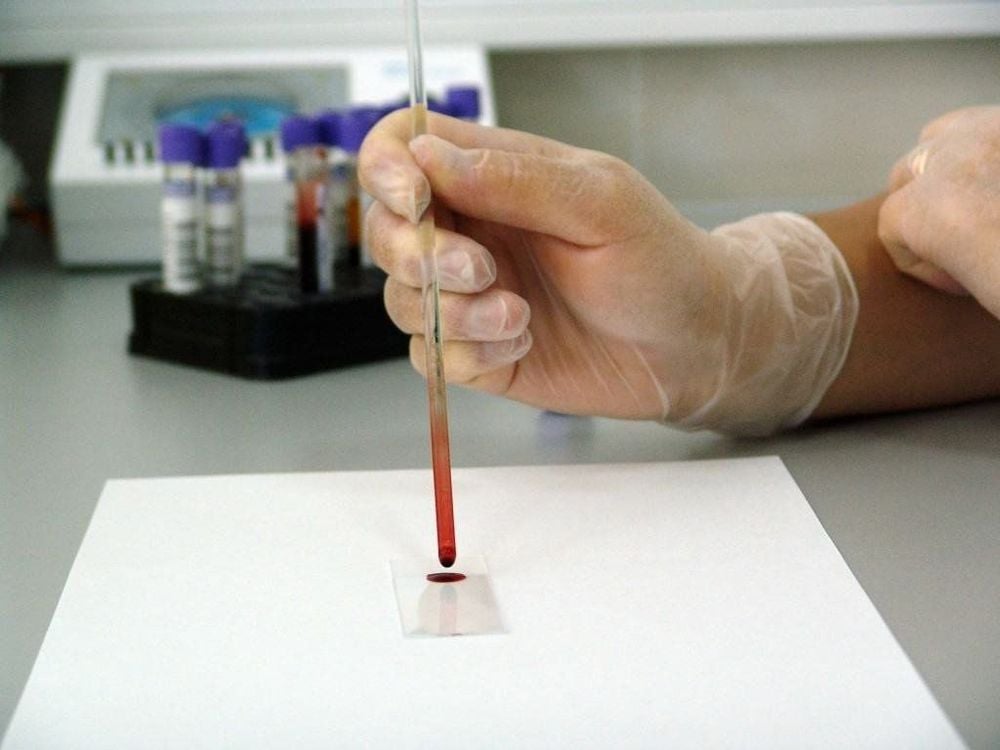
Nutritional recommendations should be personalized based on the patient’s health status, complications. For children, additional factors such as their growth stage should also be considered. In fact, multivitamin supplements without iron are generally advised.
For non-transfused thalassemia patients, supplementation of folate (1 mg daily) and beginning on iron-restricted diets are recommended. For instance, patients should avoid consuming iron-fortified cereal, red meat, while having black tea during meals to reduce dietary iron absorption.
For transfused thalassemia patients undergoing iron chelation therapy, an iron-restricted diet is unnecessary and could negatively impact their quality of life.
If the patient’s 25-hydroxyvitamin D level is below 20 ng/mL, Vitamin D supplementation (50,000 IU weekly) is recommended until levels stabilize. Calcium supplementation is advised if dietary intake is inadequate
For thalassemia patients who also have pregnancy, diabetes, lactose Intolerance, or vegetarian diets and prescribed medications such as oral chelators or bisphosphonates; these exceptional cases shall require specialized dietary counseling.
Additionally, patients should avoid alcohol consumption due its properties in exacerbating oxidative stress caused by the excess iron and worsens liver damage, particularly in patients with hepatitis B or C. Finally, smoking is not recommended due to its common association with osteoporosis in thalassemia patients.
To arrange an appointment, please call HOTLINE or make your reservation directly HERE. You may also download the MyVinmec app to schedule appointments faster and manage your reservations more conveniently.




